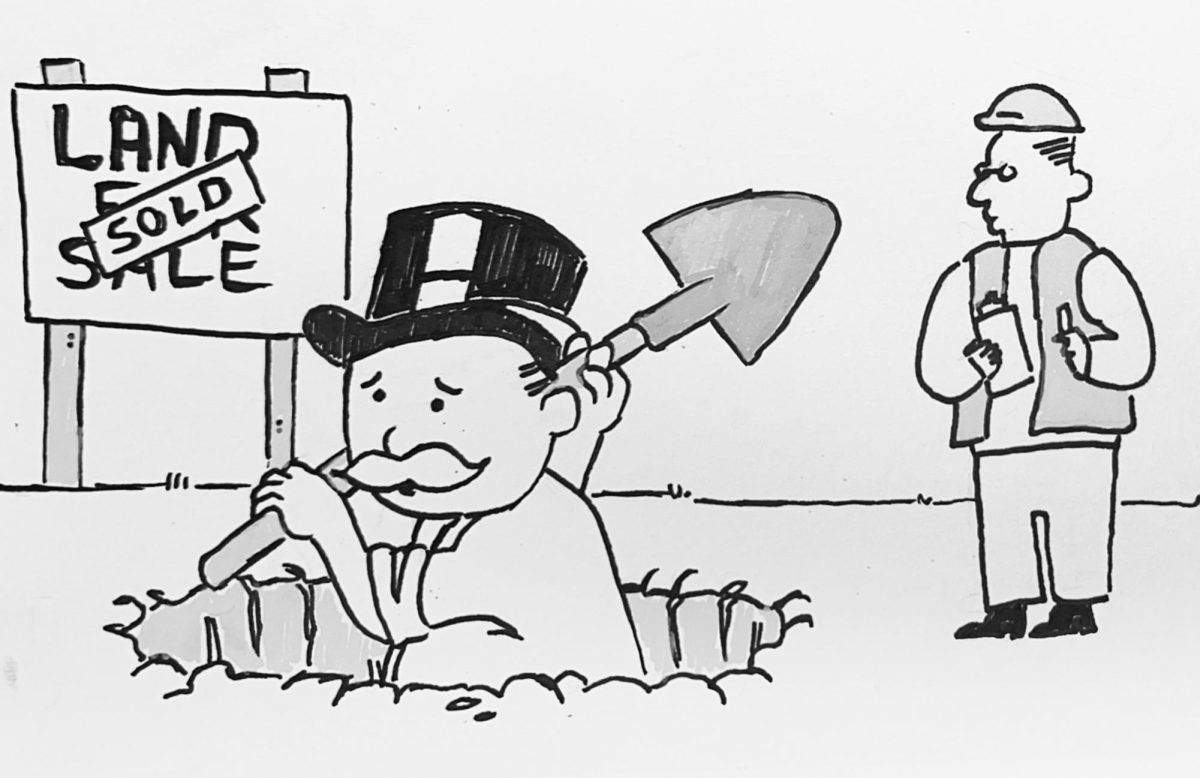It won’t come as a surprise to anybody if I say that Whitman students tend to follow a certain political aesthetic. That’s a generalization, and you will certainly find people on campus who don’t agree that the income gap is a necessary consequence of capitalism, that collectivization is a requirement for progress and that the federal government, rather than state or local governments, is the best agent against discrimination, class inequality and environmental abuse.
I do not disagree with any of those things. My political theory hinges on the fact that, even if the human race had unlimited resources and didn’t need an economy, we would still perform better the more we could unite. However, my experience as an intern this summer at Blue Mountain Land Trust (BMLT) taught me once again that there is no magic-bullet ideology, and that in the real world, local actors can be a powerful tool.
BMLT is a Walla Walla nonprofit, part of a wider network of land trusts that operate together on a majority of the United States’ geography. These trusts share a common, simple conservation model: Without recourse to regulation, they offer compensation to landowners –– farmers, ranchers, inheritors –– as an alternative to developing, subdividing or selling off their property. Though they may continue to graze or cultivate crops on the land, more intensive use is restricted through an agreement called an easement, wherein the land trust holds the rights to the land but resolves never to use them. Barring apocalypse, the protection continues forever.
All across the country, this process bears a twofold appeal: first, business need not leave the county, and second, everyone is happy. The environmentalists get to protect an important salmon spawning ground or migratory bird roost, and the farmers and ranchers get to ensure that their family’s land remains their own in perpetuity. I don’t mean to imply that there is no overlap between the groups, but to convey how well an easement can work even when the overlap isn’t there at all.
The bipartisanship of the land trust model reminds me of the protests against the southern Keystone XL Pipeline, when Tea Partiers opposed to eminent domain seizures joined with green advocates opposed to big, stupid oil expansions to pull off some inspiring acts of resistance. I met people in the course of my job who spat on the ground every time someone mentioned the carbon tax but would still share a table with us because we agreed that an individual should be able to act on the affinity they feel for their home.
On a drive back from one such meeting, my supervisor mentioned the cliché that “all politics is local,” something ideologues like myself tend to forget. Of course, it’s not perfectly true. BMLT requires government grant money, something that can often frustrate easement-holders who tend to feel funding boards can slow their project down. But it’s a phrase worth remembering, because at the level of county commissioners and sheriffs, not senators and justices, the game changes.
Although all its employees believe in prioritizing environmental stewardship, BMLT’s outreach material has to avoid any use of words like “green,” so as not to hint we have anything on our mind but individual sovereignty and the valley economy. I don’t have a problem with that, because I believe environmentalists of my ilk sometimes try to build movements in the wrong direction. If you broadcast a good idea to the world, people might follow you, but make it about the ideas that inflame their hearts already, and they’ll be shoving each other out of the way to lead.











